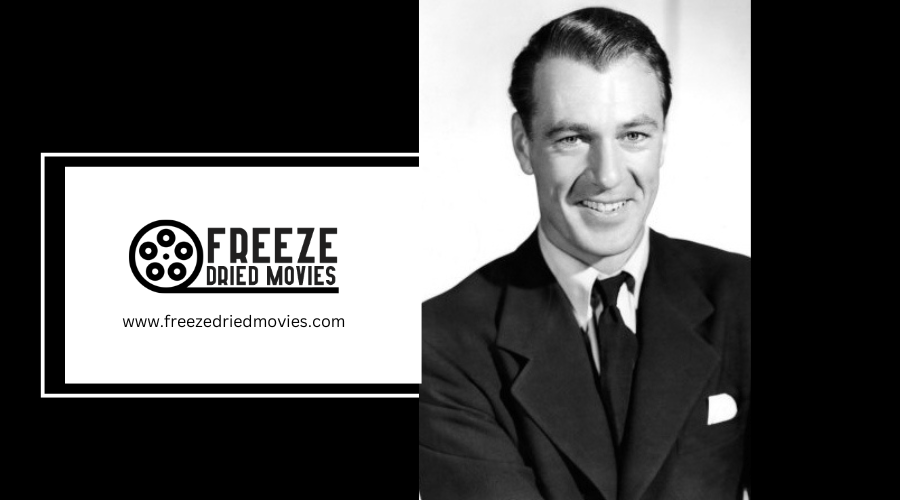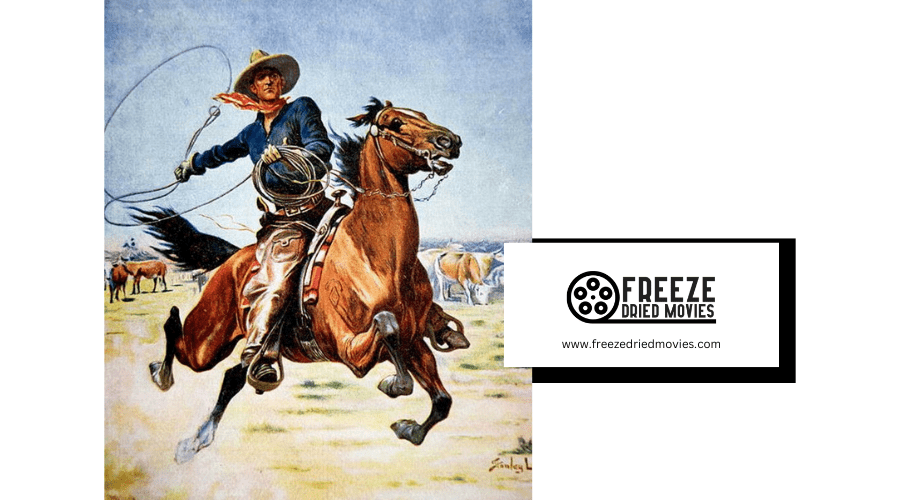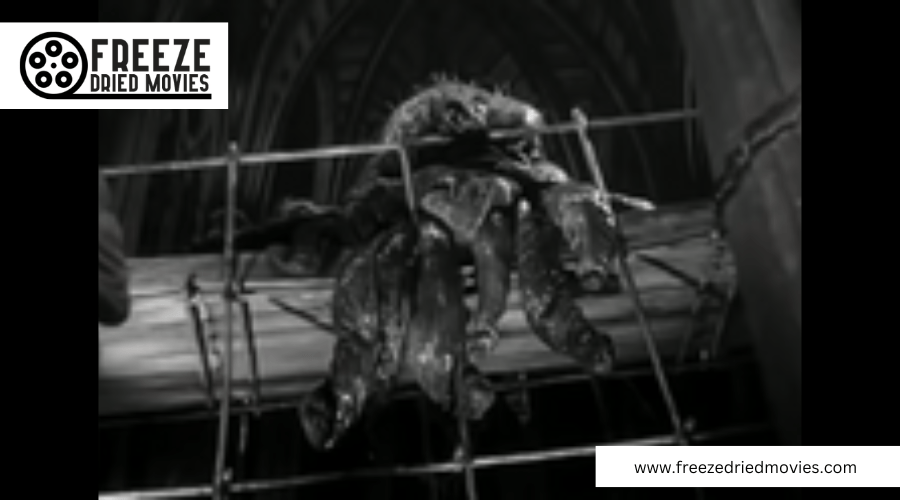Henry Fonda: The Classic American Hero of the Western Frontier
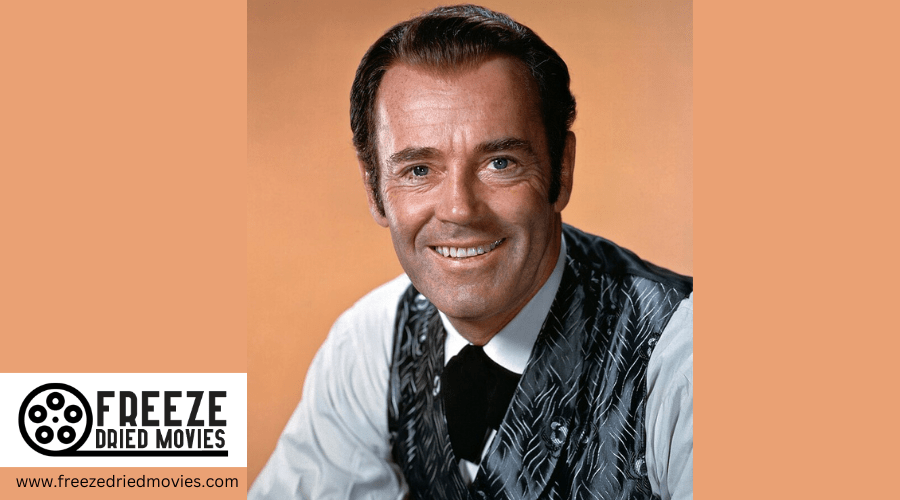
Henry Fonda defined the Western hero with his quiet dignity and moral fortitude in classics like "My Darling Clementine" and "The Ox-Bow Incident." You'll recognize his stoic lawman archetype and stand against injustice, crafted through his legendary partnership with director John Ford. Though best known for heroic roles, Fonda later subverted this image in "Once Upon a Time in the West." His cinematic journey reveals how one man shaped America's frontier mythology.
Key Takeaways
- Fonda's portrayal of stoic lawmen like Wyatt Earp in "My Darling Clementine" defined the Western hero archetype.
- His collaboration with director John Ford created enduring American frontier mythology across multiple classic Westerns.
- Fonda's quiet dignity and moral fortitude perfectly complemented the sweeping landscapes of Western cinema.
- He evolved from playing morally upright heroes to complex characters in later films like "Once Upon a Time in the West."
- Born in Nebraska and honing his craft regionally, Fonda's authentic Midwestern roots enhanced his Western role credibility.
Henry Fonda: The Classic American Hero of the Western Frontier
Although many actors have portrayed cowboys and lawmen in Western films, few embodied the quintessential American hero with the same quiet dignity as Henry Fonda. You'll recognize his lanky frame and measured delivery in classics like John Ford's "The Grapes of Wrath," where his portrayal of Tom Joad cemented his reputation as the voice of moral courage.
Fonda's interpretation of Wyatt Earp in "My Darling Clementine" defined the stoic lawman archetype, while "The Ox-Bow Incident" showcased his stand against mob justice. Unlike John Wayne, who spent years in B-grade Westerns perfecting his craft before achieving stardom, Fonda's path to Western fame was more direct. The American actor's career took a fascinating turn when he played the villain in "Once Upon a Time in the West," subverting the heroic image he'd cultivated for decades. Though he earned his Academy Award late in life, Fonda's Western roles remain his most enduring legacy.
From Nebraska to Hollywood: Fonda's Journey to Stardom
Long before becoming a Western icon, Henry Fonda's journey to stardom began in the heartland of America. Born in Grand Island, Nebraska in 1905, he first honed his craft at the Omaha Community Playhouse before venturing to the East Coast in 1928 to pursue Broadway dreams.
His Hollywood breakthrough came in 1935 when he starred opposite Janet Gaynor in "The Farmer Takes a Wife," earning him $3,000 weekly. During these early years, Fonda roomed with fellow actor and friend James Stewart, who also made the leap to tinseltown.
While Fonda appeared in romantic leads and his first Western, "The Trail of the Lonesome Pine" (1936), it was his 1938 performance alongside Bette Davis in "Jezebel" that truly established him as a leading man in Hollywood.
Similar to James Dean's path, Fonda studied at the prestigious Actors Studio where many Hollywood legends refined their craft.
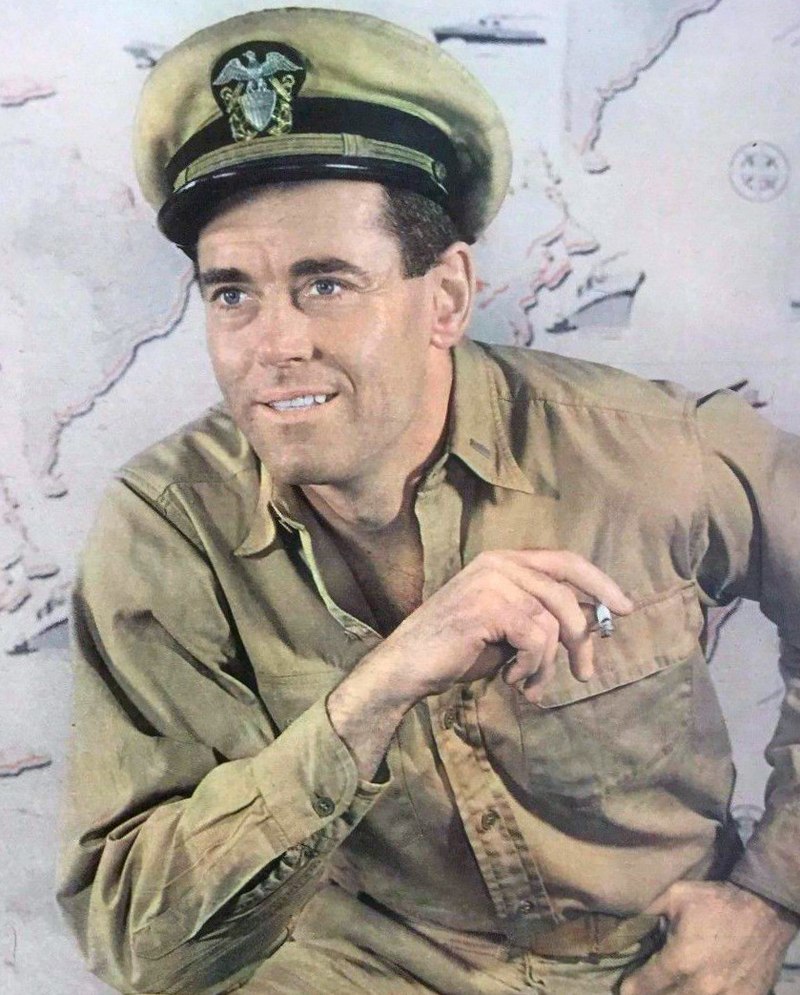
The Ford-Fonda Partnership: Crafting the American West
The legendary partnership between Henry Fonda and director John Ford began in 1939, transforming both men's careers and forever shaping America's cinematic vision of its own frontier past. Through classics like Young Mr. Lincoln, The Grapes of Wrath, and My Darling Clementine, they crafted an enduring mythology of the American frontier that still resonates today.
You'll notice how Fonda's quiet dignity and moral fortitude perfectly complemented Ford's sweeping landscapes and mythic storytelling. Together, they explored the complexities of the American character—justice, community building, and survival against harsh elements.
Fonda's understated power made him the quintessential Western hero, embodying the contradictions of the pioneering spirit that defined a nation. Their collaboration elevated the Western genre beyond simple entertainment to profound cultural commentary on America's evolving identity and values.
Their pioneering use of wide-angle shots revolutionized how audiences experienced the vastness of the American West, creating a visual language that would influence filmmakers for generations to come.
Principled Heroes and Moral Complexity in Fonda's Westerns
When examining Henry Fonda's Western roles, you'll discover a fascinating evolution from straightforward heroism to profound moral complexity. In early collaborations with John Ford, like My Darling Clementine, and in The Ox-Bow Incident, Fonda embodied morally upright heroes who represented the conscience of the American frontier.
As cinema's portrayal of the West matured in the 1960s and 1970s, Fonda's characters shifted accordingly. Films like Firecreek and especially Once Upon a Time in the West showcased his versatility as he embraced moral ambiguity, challenging the traditional Western archetype he'd helped establish. These later performances revealed the contradictions inherent in frontier mythology, moving beyond simple good-versus-evil narratives.
This progression throughout his career cemented Fonda's legacy not just as a Western icon, but as an actor who could masterfully portray both the idealized and complicated realities of the American West. In Fort Apache, Fonda worked alongside John Wayne to create one of the most compelling explorations of leadership and authority in 1940s Westerns.
Breaking Type: Fonda's Shocking Villainous Turn in "Once Upon a Time in the West"
Among Hollywood's most daring casting decisions, Sergio Leone's choice to cast Henry Fonda as the sadistic villain Frank in "Once Upon a Time in the West" (1968) stands as a masterclass in subverting audience expectations.
You'll witness Fonda's shocking transformation from beloved portrayer of heroic American characters to cold-blooded villain who mercilessly murders a child. This revisionist Western deliberately upends the traditional Western mythos that Fonda himself helped establish. Leone's genius lies in using your trust in Fonda against you, creating a bittersweet commentary on American westward expansion's violent underbelly.
Reflecting the turbulent 1960s sociopolitical landscape, Fonda's Frank represents the cynicism infiltrating the genre. His against-type performance as this ruthless assassin remains one of his most impactful roles, challenging everything you thought you knew about the actor.
Beyond the Saddle: Fonda's Range as a Dramatic Actor
Beyond the dusty trails and six-shooters that defined much of his career, Henry Fonda possessed a remarkable dramatic range that transcended genre limitations. You'll find his versatility showcased in his Oscar-nominated role as social outcast Tom Joad in "The Grapes of Wrath," capturing the desperate dignity of Depression-era America.
His performance in "12 Angry Men," directed by Sidney Lumet, revealed Fonda as the embodied voice of reason in a tense courtroom drama that hinged on his moral conviction. He seamlessly transformed into various military figures throughout his career, including Admiral Nimitz in "Midway" and Brigadier General Roosevelt in "D-Day the Sixth of June."
This acting legend's ability to portray characters of profound conscience and integrity across diverse roles solidified his status beyond Western typecasting.
Legacy in the Saddle: How Fonda Defined the Western Hero
Henry Fonda's most lasting cultural imprint can be found in the dusty landscapes of the Western genre, where his towering presence redefined our understanding of the American frontier hero. You'll recognize his understated acting style in movies like "Young Mr. Lincoln" and "My Darling Clementine," where he embodied the moral conscience of a developing nation.
As leading man in John Ford's seminal Westerns, Fonda's portrayal of Wyatt Earp stands as perhaps his most iconic contribution. His quiet strength and principled demeanor established a template for the mythic Western hero that endures today. Even as the genre's popularity waned, Fonda's continued work in Westerns cemented his legacy as the quintessential American actor who captured the rugged individualism and ethical fortitude of frontier mythology.

